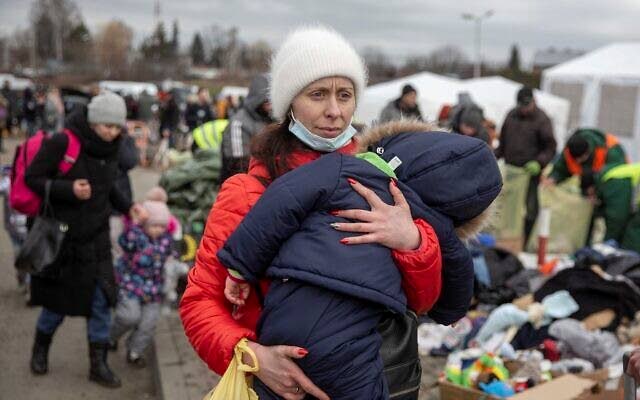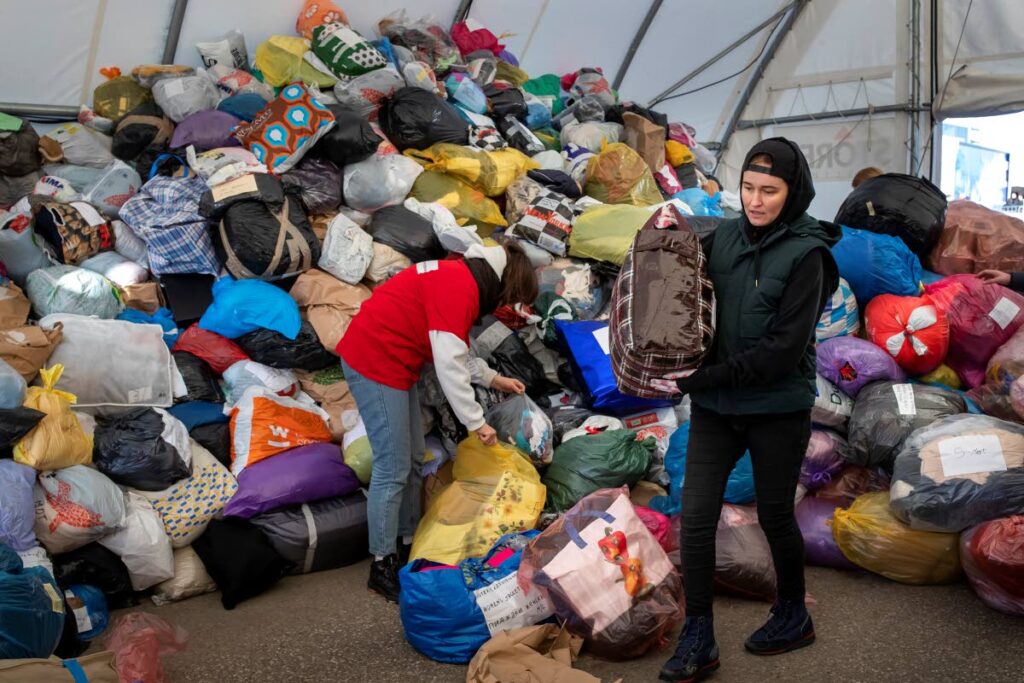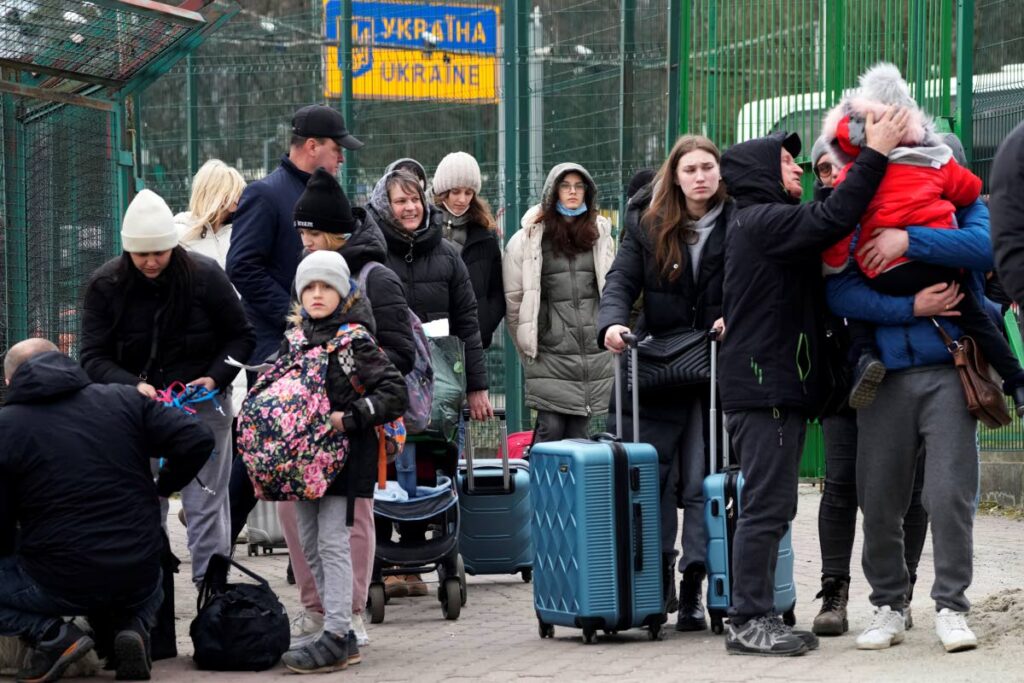Probe NGOs before giving money

Whenever a political or humanitarian crisis occurs, people rush to give money – and that’s the case with the Russian invasion of Ukraine.
But finding a reputable non-governmental organisation (NGO) through which to donate takes some investigation. Not all charitable organisations are what they claim to be. Some are scams; some are less efficient than others.
If you are considering donating to a worthy cause, here are some important points to consider:
1.
How long has the NGO existed? Be suspicious of organisations that pop up soon after a crisis. Consider long-standing ones with a published track record that can be verified by independent, reputable sources.
2.
Have complaints been listed online against the NGO? Evaluate the validity of those complaints by checking the source of any negative feedback.
3.
How much of the money collected goes to the targeted crisis and how much is kept for “administrative” purposes? NGOs employ people and have costs. Be aware of those costs and choose an organisation with reasonable distribution of money collected. Check claims about how money is distributed.
4.
Find out if the NGO already has a presence in the place where a crisis has just occurred and if it can get to remote and troubled areas quickly and efficiently.

The crisis in Ukraine offers some opportunities to evaluate charitable sites. Below are some to check out.
1. The Ukrainian Institute of London provides a wide variety of options, including a special fund for humanitarian assistance to civilians and refugees who have fled their homes.
2. A link to Defend Ukraine offers a list of fundraising sites that provide food, water, first aid, medicine, clothes and shelter.
3. Other than donating money, the site provides a list of journalists you can follow as they cover the Ukrainian war
https://ukrainianinstitute.org.uk/russias-war-against-ukraine-what-can-you-do-to-support-ukraine-ukrainians/
As a librarian, I would caution you to evaluate each organisation listed on a site. The site above lists many impressive organisations, but also gives ways to wire money directly to Ukrainian banks, an option I would advise against because you cannot trace where that money goes and how it is used.
4. The Ukraine Humanitarian Fund is a UN Crisis Relief Fund that works with several NGOs. The UN acts as the umbrella organisation over other NGOS to collect and distribute food, water, shelter and medical care – especially to those people in hard-to-reach areas.
You can find information at
https://crisisrelief.un.org/t/ukraine
This organisation was established in 2019 to address problems in eastern Ukraine after the Russian invasion. Recently, it helped Ukraine during the covid19 crisis.
Background information about the Ukraine Humanitarian Fund can be found at the UN Office for the Coordination of Humanitarian Affairs at
https://www.unocha.org/ukraine/about-uhf.
The sites listed above are worthy of attention because they offer crosslinks that verify information.
5. Time Magazine suggests donations for Ukraine that include Unicef, the UN Refugee Agency (UNHCR), the Red Cross and Doctors Without Borders. These organisations are suggested on many sites that recommend reputable NGOs.
https://time.com/6151353/how-to-help-ukraine-people/
Credible media often recommend NGOs. You should still do your own dependent investigations to determine the best fit for you.

6. Doctors Without Borders offers medical support around the world, including Ukraine. This organisation has had a major presence in Ukraine over the years targeting tuberculosis, HIV, covid19 and medical care for the elderly. Its Ukraine site says it is preparing to assist in the war.
It outlines its current efforts at:
https://www.doctorswithoutborders.org/what-we-do/countries/ukraine
Sites that offer a history of their work and a current plan are helpful.
7. Save the Children, founded in 1919, says it “delivers essential services to children in need.” This worldwide organisation has been operating in Ukraine since 2014.
NGOs that have worldwide distribution and a proven track record are important to consider.
Although the sites listed above are specifically for Ukraine, they offer information about trustworthy organisations that have a history of dealing with crises.
Once you identify an NGO or international organisation for a donation, plug its name into the search engine on Charity Navigator to get ratings, history and current information about the organisation’s track record at:
https://www.charitynavigator.org/index.cfm?bay=content.view&cpid=847.
When it comes to donating money, you should feel confident about choosing a reputable organisation. Your online research can provide that assurance.


Comments
"Probe NGOs before giving money"